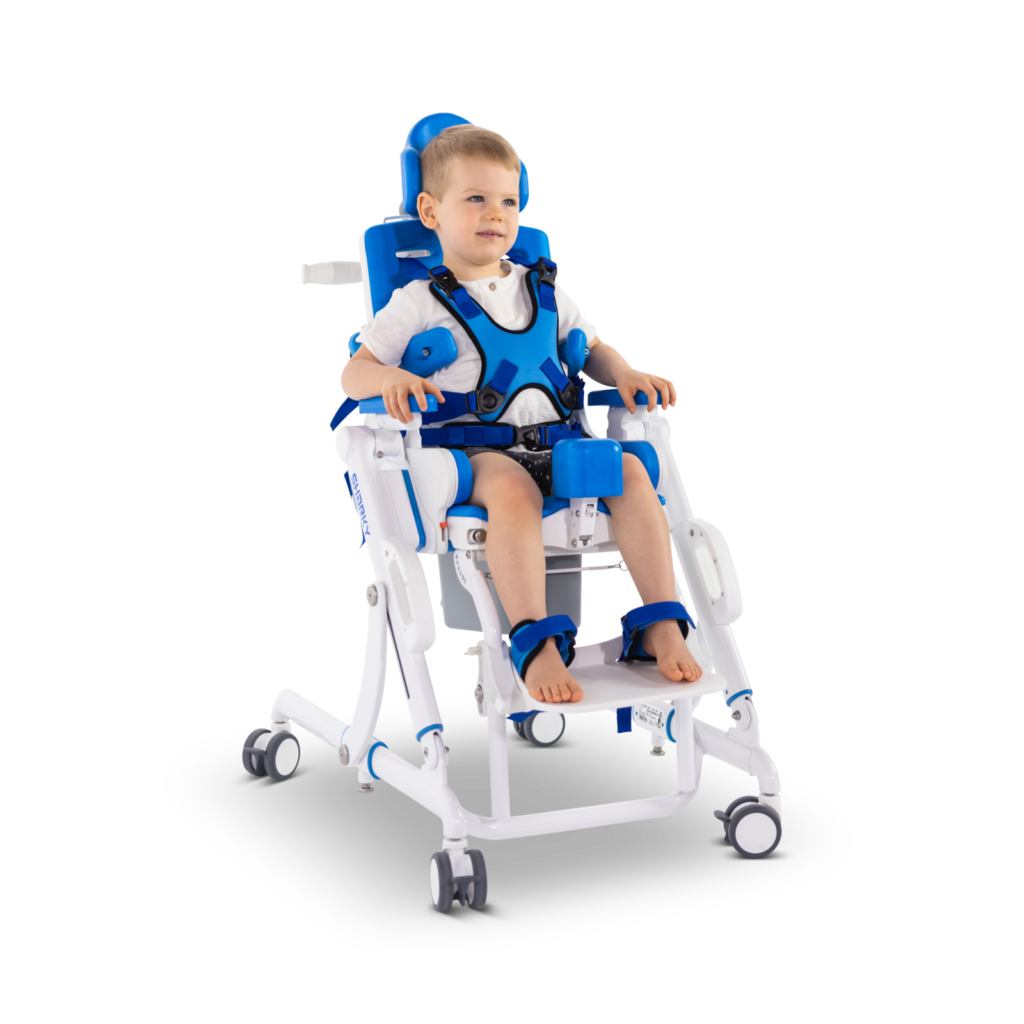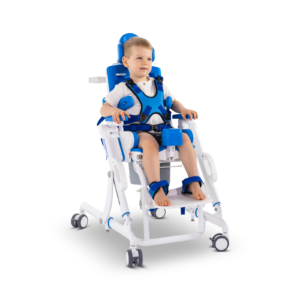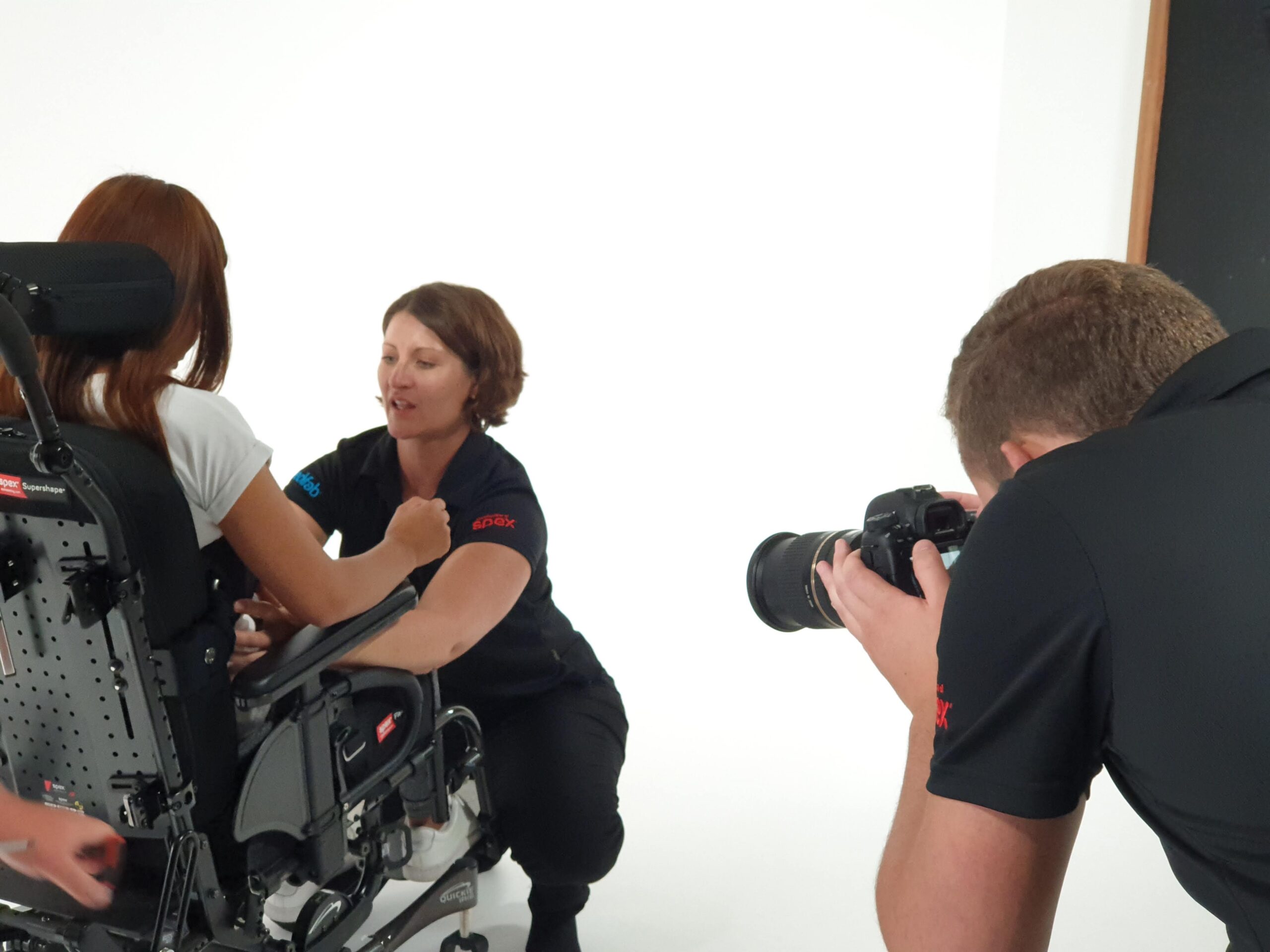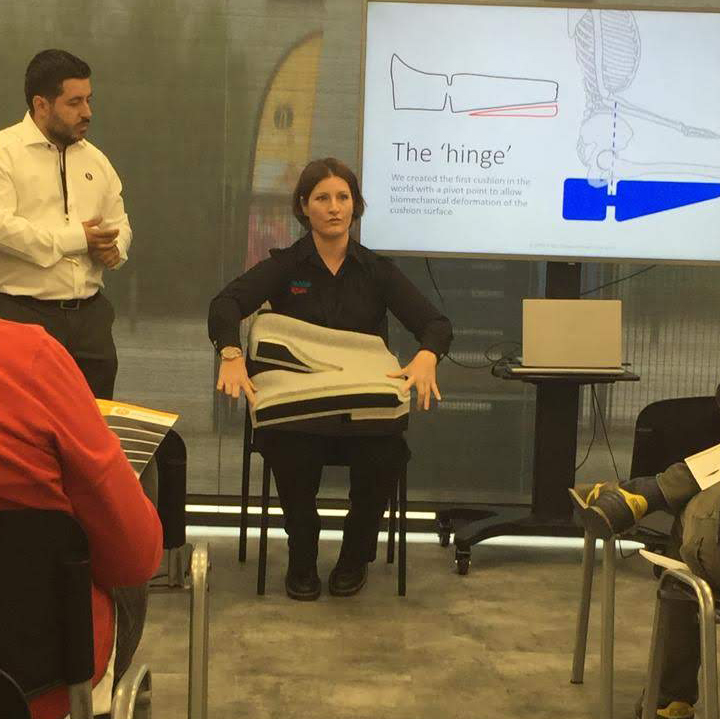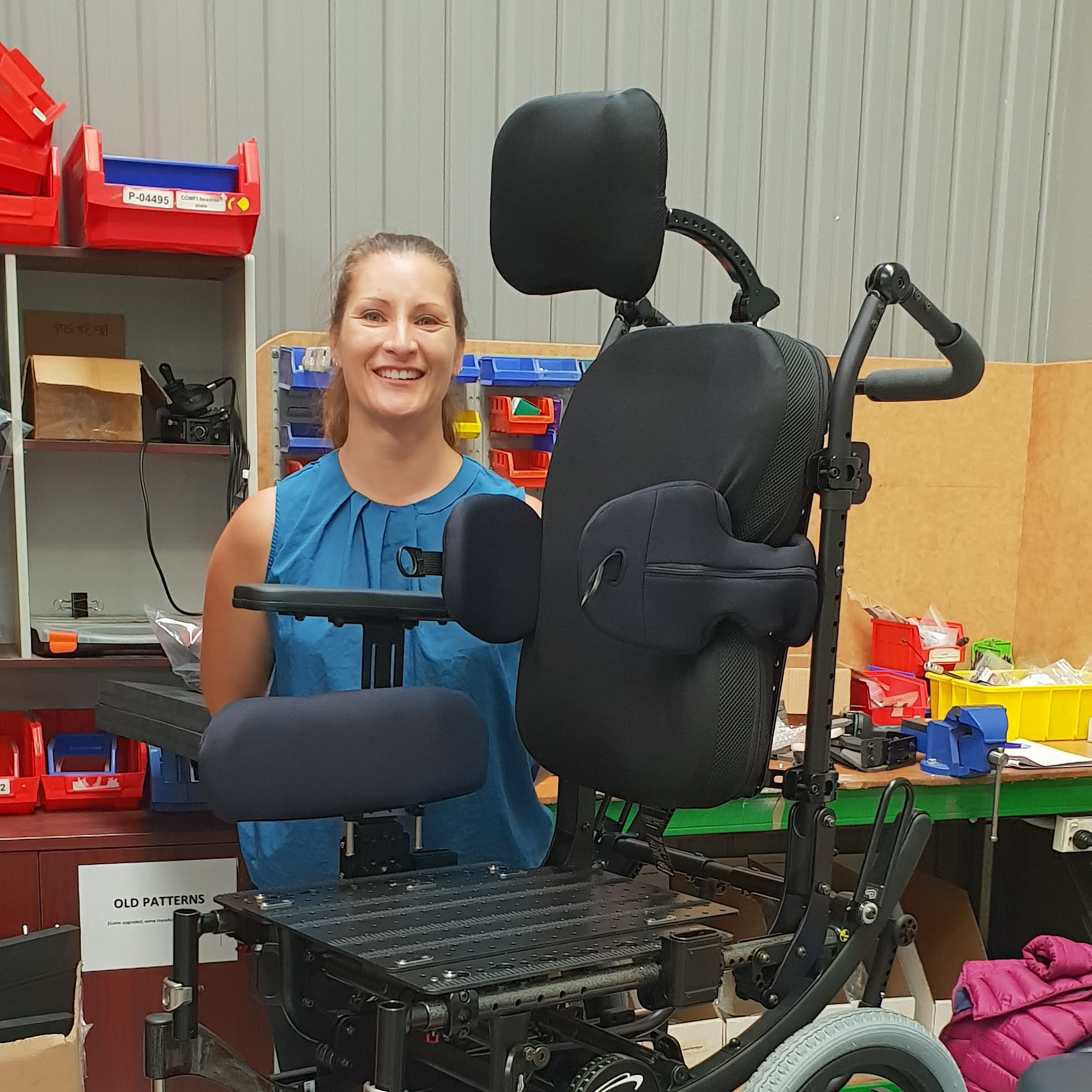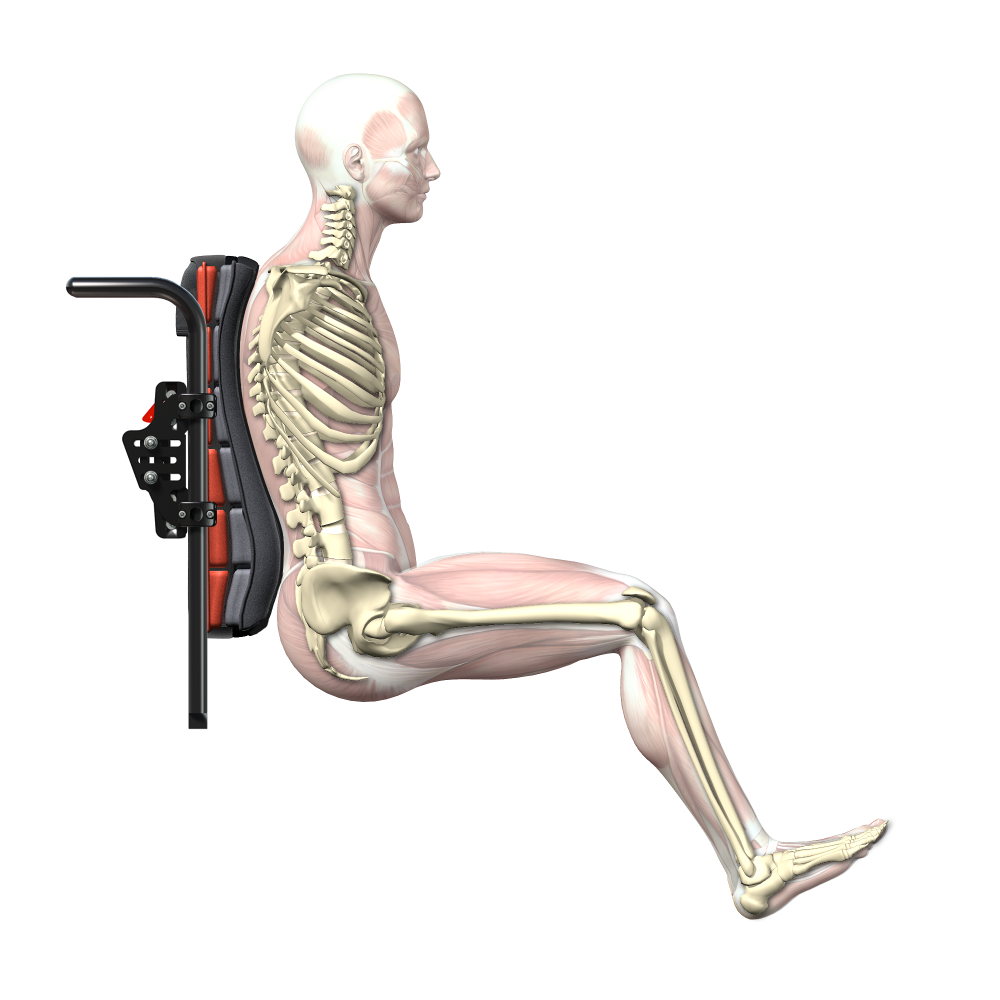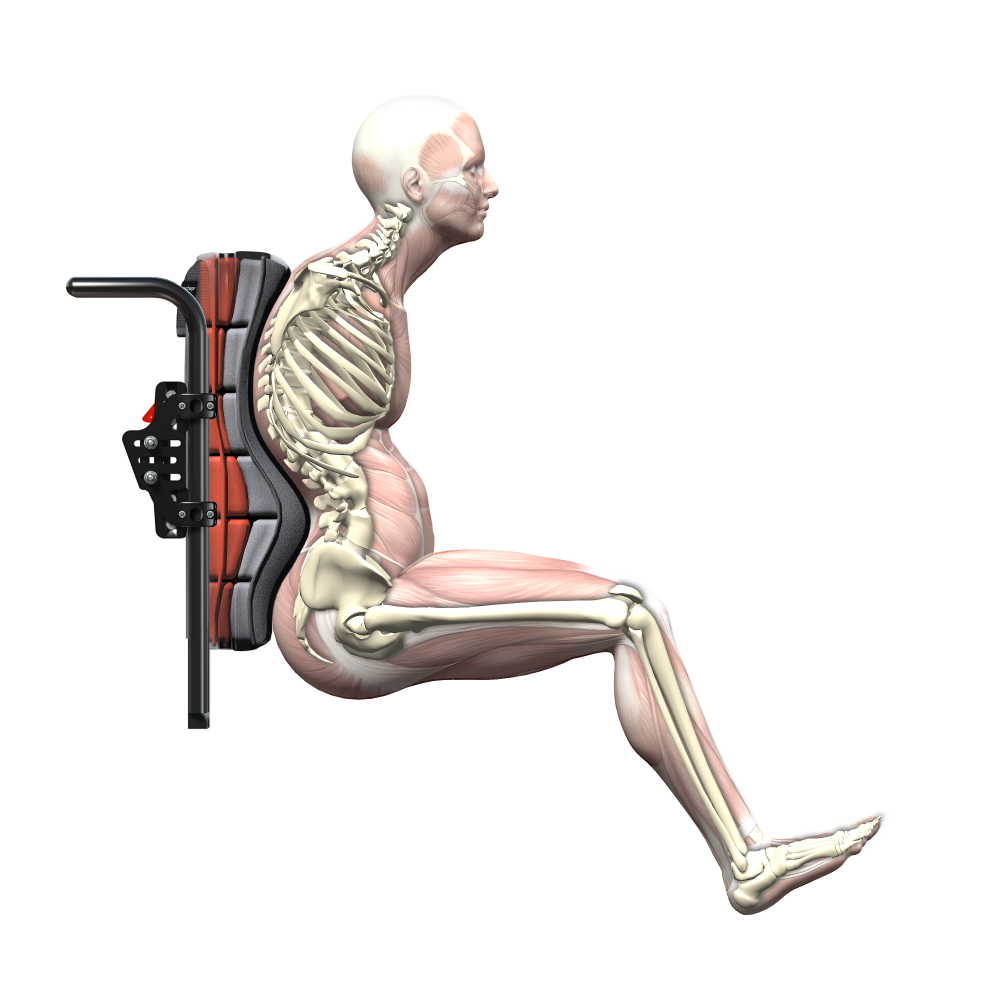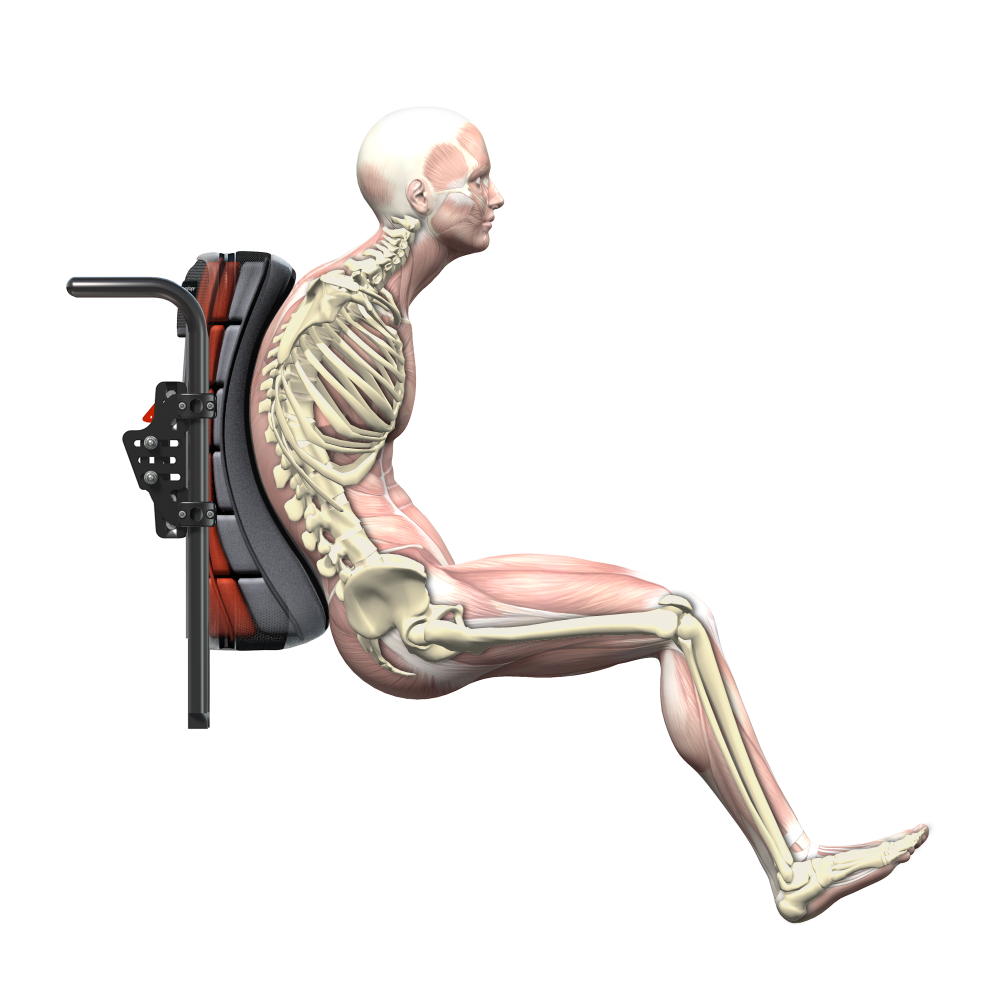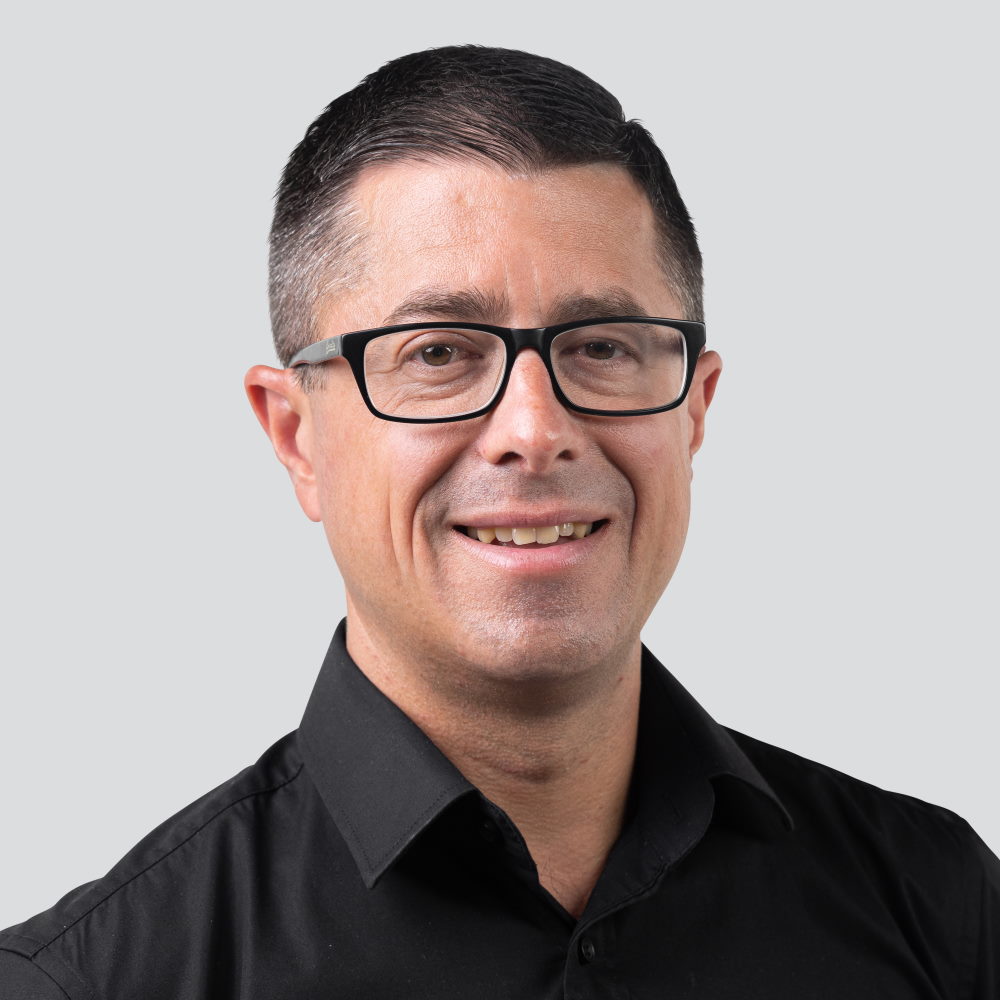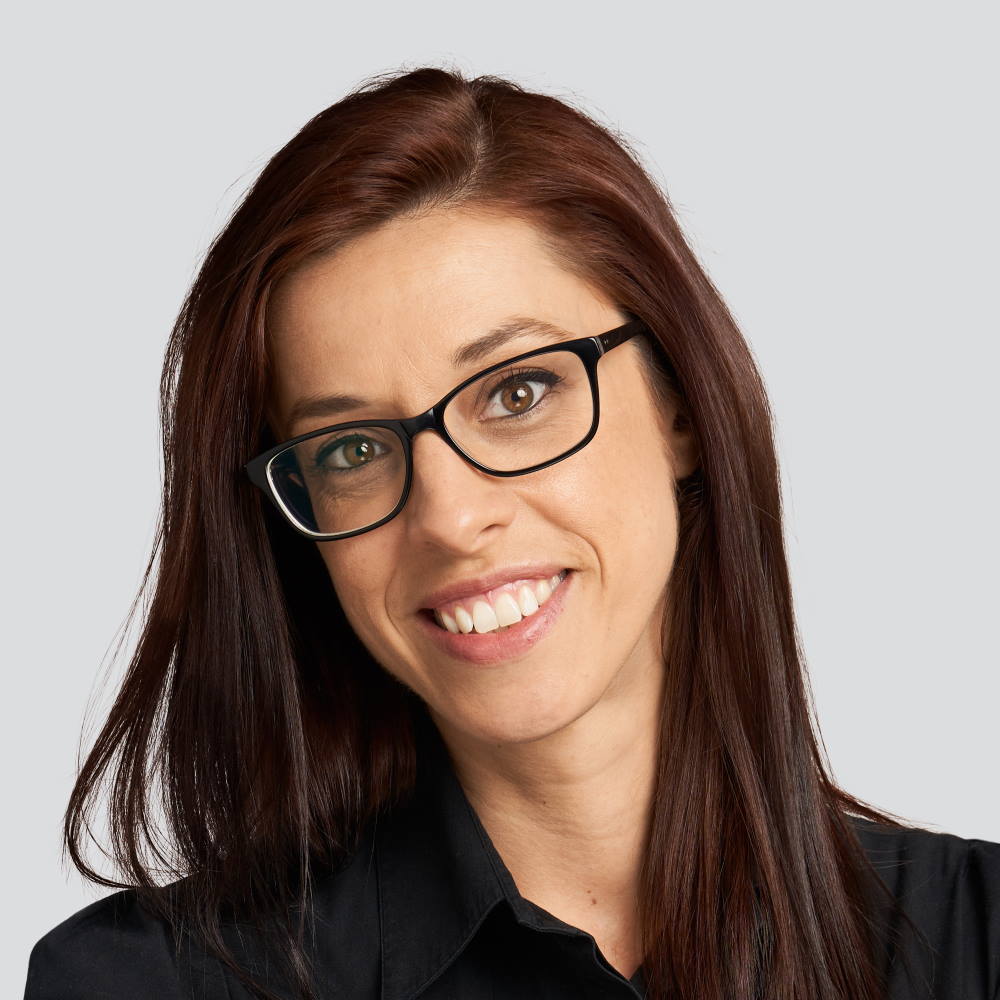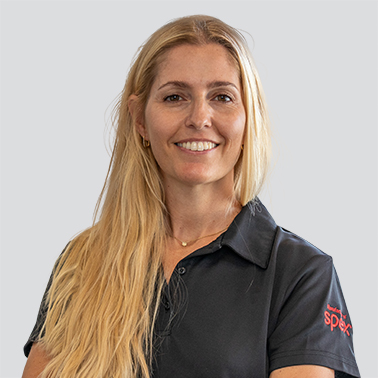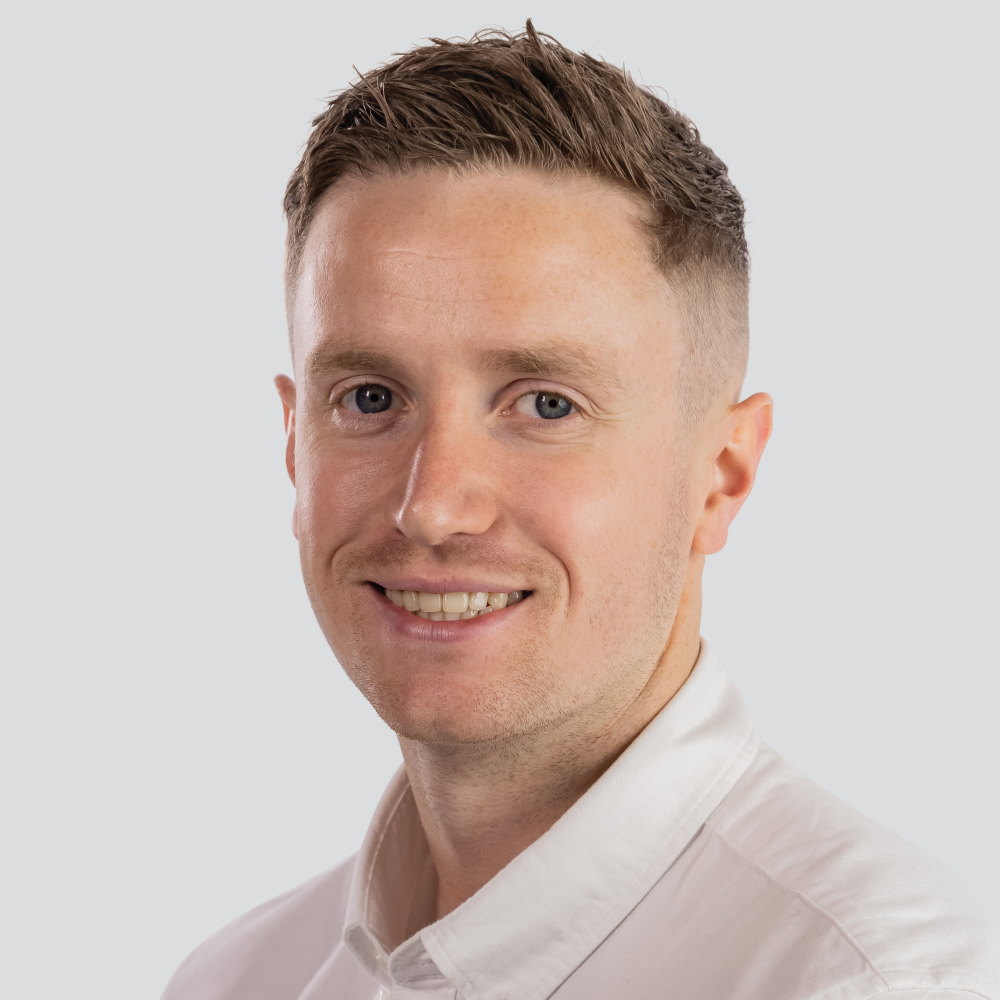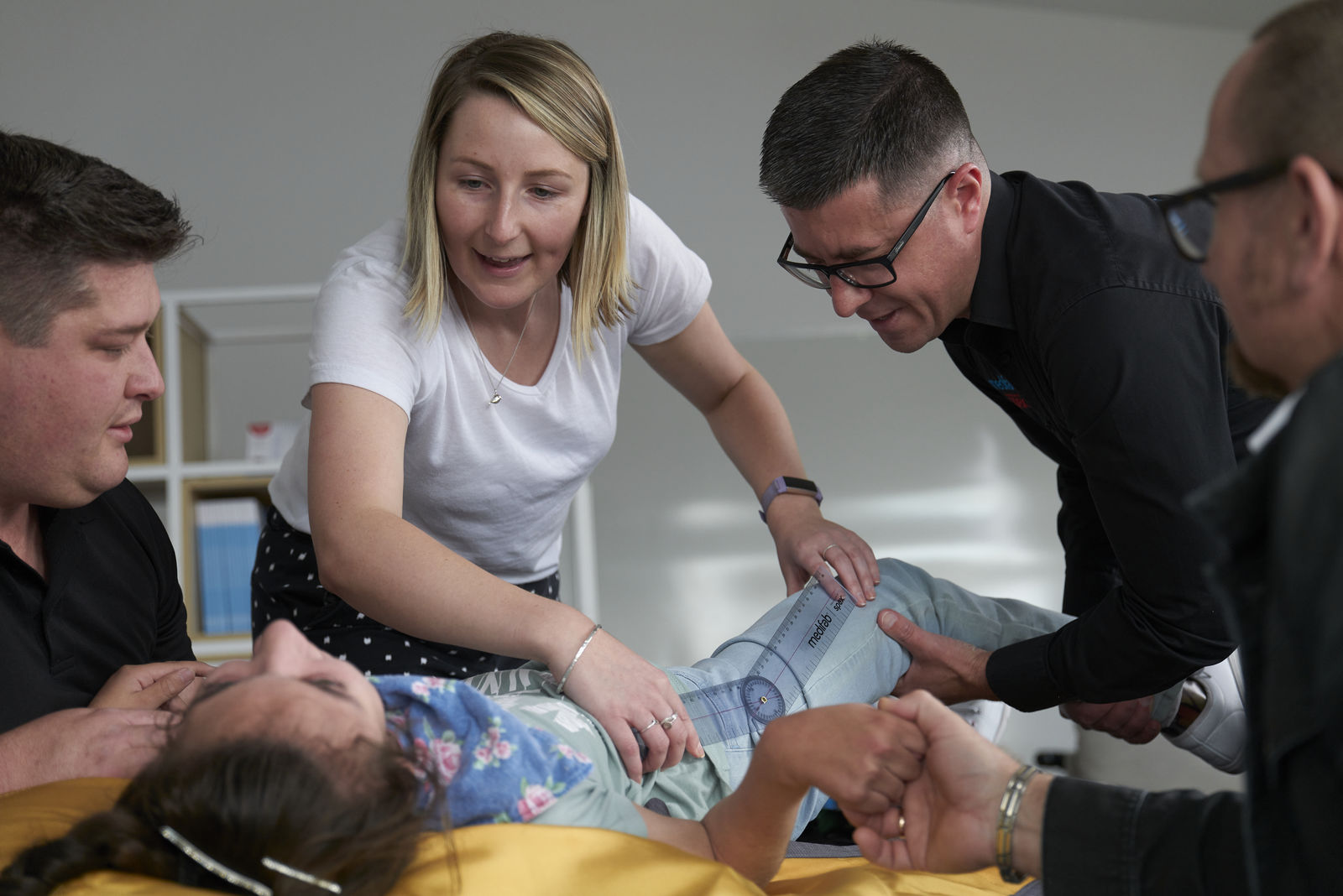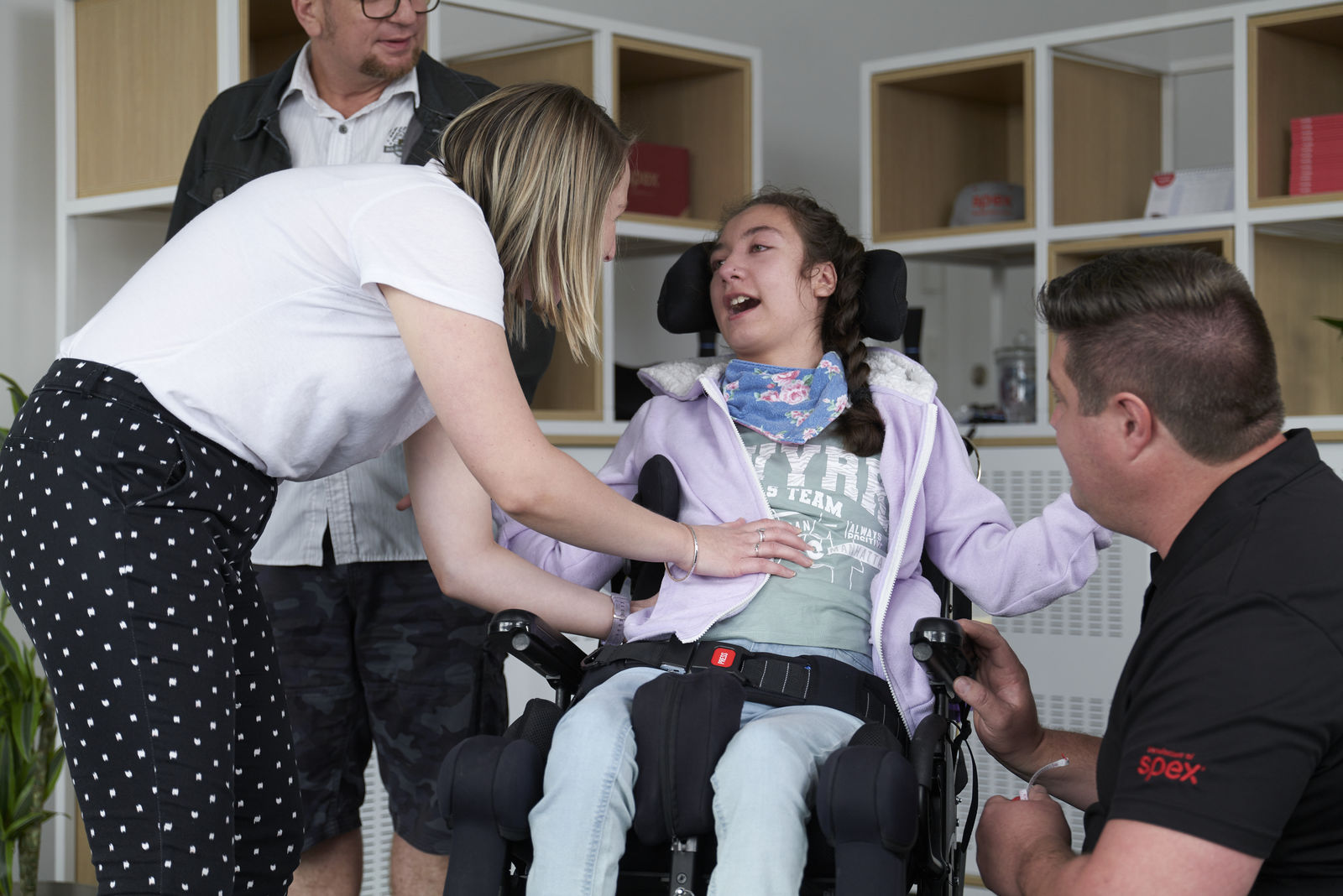When I started with Spex in 2019 little did I know how ‘global’ my own exposure would become.
It has been such an incredible journey and this blog is a personal narrative of my clinical educator experience with Spex.
I am a Specialist Neuro Occupational Therapist, and my work includes considering posture care management and seating. I have worked with clients along the full journey of their disability, from the acute phase to the chronic phase, from early on in recovery to many years post-injury, from initial diagnosis to long-term management of their health condition. Each person is unique, and each person requires careful assessment considering personal factors, physical factors and psychosocial factors – these factors, together, can enable or hinder participation.
Education is for improving the lives of others and for leaving your community and world better than you found it.
– Marian Wright Edelman
Posture care management is always the foundation for wheelchair prescription and provision. Spex Ltd manufactures the seating technology components that interface with the wheelchair user (cushions, head and back supports, accessories that support them in the wheelchair) and therefore we must ensure that the clinical reasoning in the selection and application of products is shared.
But what is posture care management? We are, actually, all made aware of this in some way – we learn about health and safety at work, back protection principles when moving and handling objects, and may be asked to fill in a display screen equipment assessment if working in an office. We learn that our backs and joints are prone to injury from poor practice or positioning and how equipment can impact on this. We already have a personal understanding of our own posture (how we are positioned), within the task that we might perform (such as working at a desk in an office) and what equipment (assistive technology) we might require to ensure that we are comfortable and less likely to develop injury or discomfort. We know that long-term effects of poor posture when working at a computer can lead to changes in how we hold our bodies (head forward with chin jutting out, rounded spine, likely neck or back pain) and so we also know that body shape can be affected by persistent postures held for long periods of time. We are already thinking of matching the person (ourselves) and technology to ensure optimum engagement and participation and prevent or reverse discomfort or body shape distortions. This, in a nutshell, is posture care management.
In a very simplistic view, posture care management for persons with disabilities is no different. Our understanding just needs to be greater so that we understand body system impairments, appreciate the forces that act on the body (internal and external) – biomechanics, understand joint range of movement limitations and be able to apply these to the task and the assistive technology the person will need to preserve or restore body shape (where there might already be changes due to disability) and match them together effectively so that the person using a wheelchair, for example, is able to be stable, safe and functional.
Any piece of equipment, whether high tech (powered wheelchairs, computer devices) or low tech (a cushion or a build up pen grip) that enables you to do something more easily, pain-free or quicker, is assistive technology. Spex Ltd manufactures wheelchair seating systems (cushions, back supports, accessories) with contourable and adjustable components to respond to individual body shapes – this assistive technology aims to meet existing body shape, respond to changes in body shape, provide comfort and optimise engagement and function for the wheelchair user. Everyone needs to become aware of the purpose of this assistive technology before selecting it, and for those using and applying it we need to build familiarity and competence – this is where the clinical education team comes in.
Bruce Mascull, Director (Spex Ltd, New Zealand) and Joana Santiago (Occupational Therapist, Medifab Ltd, Australia) started this process. The Spex team has grown to include me (United Kingdom) and Sofia Bello (Physical Therapist, Argentina). Between us we support our global network of distributors and dealers of Spex seating technology. And the team is still growing, with Jamie Cockle (Trained Physiotherapist, Medifab Ltd, Australia) being our latest addition.
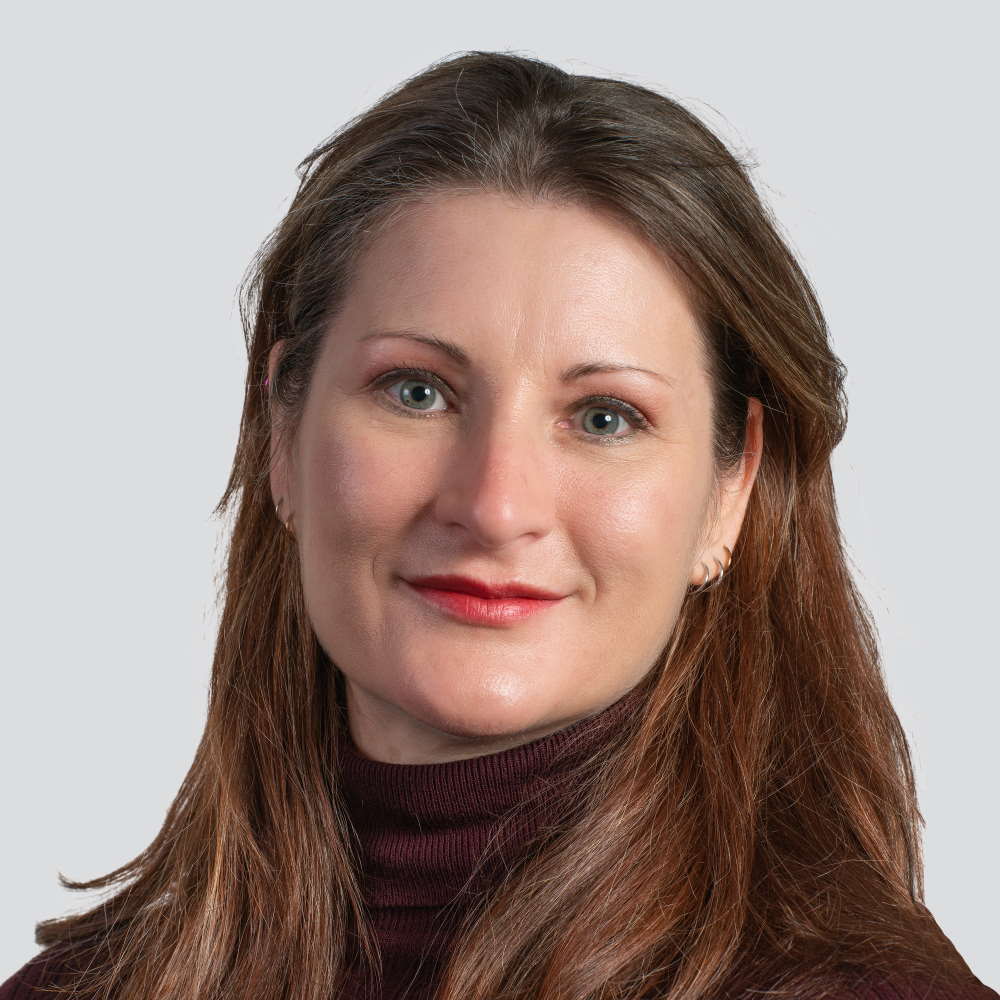
Sofia and I maintain our own independent clinical caseloads in our respective countries. Bruce and the wider team in New Zealand work extremely closely with therapists and services for wheelchair users. As a team we understand the importance of clinical reasoning in the clinical application and selection of products, and this underpins our education offerings. We also understand that products are only as effective as their correct application and therefore it is as important to us that prescribers of Spex seating technology are confident in using the seating solutions offered. I am confident that I can say that we all love to connect, learn, and explore. Clinical education is very much a two-way street; a sharing of ideas and knowledge that ultimately is for the betterment of seat technology solutions to meet individual need.
Between our entire team, we support our global network both face-to-face and virtually, through:
- Meeting with customers and clinical teams.
- Supporting joint assessments with our distributors/dealers and wheelchair users to ensure that products optimally match need and desired outcomes.
- Hosting online virtual training to wheelchair seating professionals and to our network of distributors and dealers.
- Presenting at conferences, sharing clinical learning and case studies to enhance our clinical understanding of wheelchair user’s needs.
- Creating videos to share how products can be configured, set-up, and applied.
- Supporting clinicians with publishing their feedback in our online case studies.
- Ensuring that our global networks are made aware of new products and innovations.
- Collating feedback and clinical need to drive further innovation and product development, knowing that each person is unique and that there are always unique solutions that will be required.
Of course, none of this would be achievable without the entire Spex team that covers marketing, product design, manufacturing, and logistics. Clinical education is another essential cog in the wheel of delivering clinically relevant seating solutions.
Last year saw an increase in virtual support due to the travel restrictions during the pandemic. We are so thankful that people have continue to engage in virtual meetings and clinical discussions. Along with the direct support to clinicians, wheelchair users and organisations interested in and using the Spex products the team has also been hard at work in other ways:
- Bruce has expanded the global network, supported government and global tenders bringing Spex seating technology to the wider markets and has recently presented at ATSNZ (Assistive Technology Suppliers New Zealand) in July 2021.
- I have poster presentations pending for Oceania Seating Symposium (NZ, 2021), Posture and Mobility Group (PMG, 2022) and European Seating Symposium (ESS, 2022). I’ve hosted a range of webinars that aim to increase confidence and skill in the clinical application and prescription of products. These have included: Stablising the Curve and Theory into Practice, Cushion Selection Series Part 1, 2 and 3.
- Sofia has kindly translated these webinars into Spanish and it currently underway in presenting this to our global Spanish network.
The Medifab Ltd team in NZ and Australia remain active educators. Joana Santiago (AU) continues to offer exceptional training and Henry Bertulfo (NZ) will also be presenting at ATSNZ in July 2021.
We are exceptionally fortunate that we have training participants who are happy to share their feedback so that we can improve further.
Feedback shows that training is enjoyable, practical, links biomechanics to seating technology, shares real-life case studies to demonstrate clinical applications and configurability and demonstrates how Spex seating technology can be considered within postural management. We have participants along the full journey of wheelchair seating confidence and skill who attend and training can be tailored to specific needs.
Of course, there’s always room for improvement and we’ve taken on board the feedback and are actively working with our customers, distributors and dealers to discuss more case studies across all age-groups, improve opportunities for face-to-face practical training where possible (or to support with access to seating technology during virtual training), improving the ease of booking training with the team and providing bespoke training to your learning needs. Our global training has moved from webinars to Zoom meetings so that we discuss and collaborate – education is a shared experience, and we want to maintain connection with our customers even if we cannot always be there in person.
Our participants find the real-life case studies so beneficial in understanding the application of this technology within sitting postures. We are so grateful to those wheelchair users who have provided consent for us to do so. If you, clinician or wheelchair user, have a case study or story you’d like to share, please grant us the appropriate permissions to do so via the Spex consent form, available here.
Please do keep an eye out for global webinars at: Spex Professional Development Academy | Spex Seating. We will soon be introducing the ability to book training direct with the Spex team via this webpage so watch this space! You can also contact us directly on:
- Bruce Mascull (General Manager), based in NZ – [email protected]
- Bridget Churchill (Occupational Therapist & Clinical Educator), based in UK – [email protected]
- Sofia Bello (Physical Therapist & Clinical Educator), based in Latin America – [email protected]
